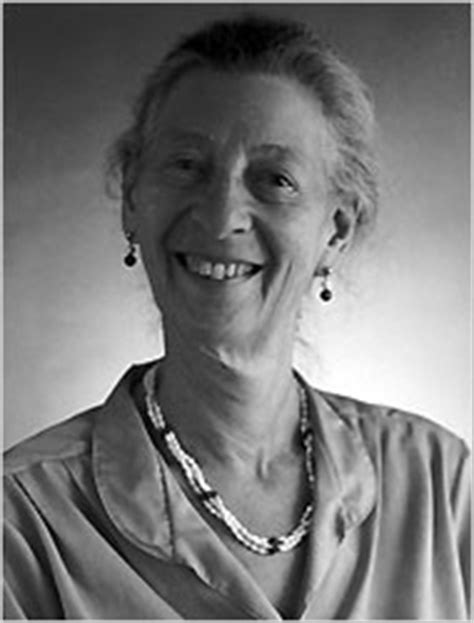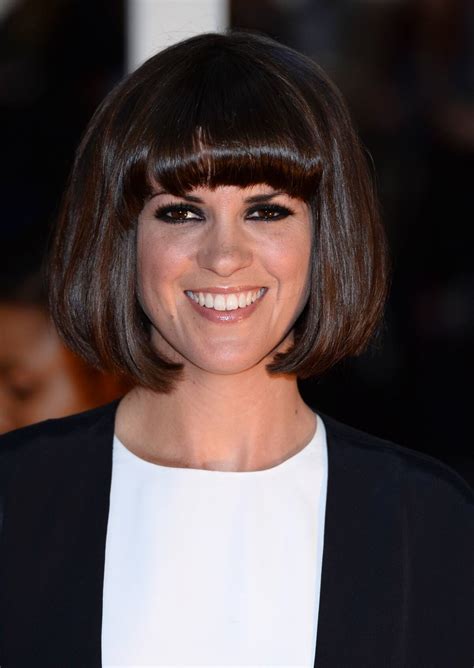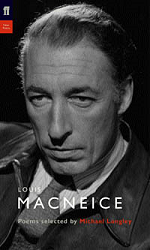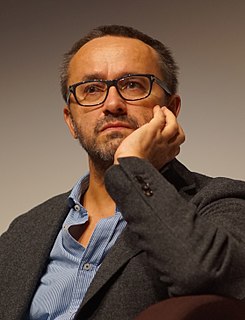A Quote by Stella Chess
Women's childhood relationships with their fathers are important to them all their lives. Regardless of age or status, women who seem clearest about their goals and most satisfied with their lives and personal and family relationships usually remember that their fathers enjoyed them and were actively interested in their development.
Related Quotes
Most men love women. Most men are intrigued and bedeviled by them. Most men spend their lives dreaming about women. It's the most natural, normal thing in the world to do, but here comes the left and the Democrat Party trying to politicize even male-female relationships by inculcating into them things like feminism, proper political behavior.
I don't think that all girls seek the influence of older men, but I think girls whose fathers are absent or recessed from their lives often do. And honestly, when I was growing up, fathers were generally pretty absent from their children's lives. We didn't see a lot of them. That may be something that has genuinely changed for the better in our culture: men are more present for their children now that more women are working.
Women, I learned, adapted.
At first..they seemed so fragile, so dependent on fathers and husbands and brothers and lovers. Gradually, though, I noticed how supple their lives were beneath the surface. Then I realized it was this flexibility that enabled them to survive...that sooner or later, by choice or by chance, most women faced the task of adapting to a future on their own. When at my most optimistic, I thought of it as independence; in darker moods, as survival. Either way women had to do it.
Fathers are still considered the most important "doers" in our culture, and in most families they are that. Girls see them as thefamily authorities on careers, and so fathers' encouragement and counsel is important to them. When fathers don't take their daughters' achievements and plans seriously, girls sometimes have trouble taking themselves seriously.
I'm not saying that all women are blameless - all women are not. There are women with despicable characters who are cruel and terrible and some of them are mothers. But why do we blame our mothers more than our fathers? We let our fathers get away scot-free. We hardly even knew who they were in many cases, given the way this culture raises kids, and they may have been quite cruel. They may even have raped us as children, but even if they raped us, we will blame our mothers for not protecting us instead of blaming our fathers who actually did it.
An ethic of maternalism was central to the utopianism of 19th century feminists. I don't think that today's women see motherhood as a source of personal power, let alone political power. I don't think that women now have that same sense that their lives as mothers gives them any special power or virtue. I think women see their lives as mothers as an adjunct to their working lives - a fulfilling and important adjunct, to be sure - but something they do in addition to working in the public realm, not because being a wife and mother gives them a distinct edge in improving the world as we know it.
When we look back over the landscape of our lives from any particular vantage point, we will find that the most valuable and the most precious things that we have ever enjoyed or experienced are caught up in the quality and quantity of the loving relationships that we have enjoyed. That if any time of life we look back and we have accomplished anything else in the world, financially or materially or politically or any other way, and we do not have high-quality loving relationships to fall back on and to remember and to think about and to enjoy, to that degree we have failed as human beings.
I wouldn't say I'm fixated on describing any kind of relationship whether it is a father and a son, or a family. I don't like it when people say that I'm particularly following the same line or that I'm only interested in family dramas. I'm interested in human relationships. The most intimate, the most delicate, and the most intriguing relationships are those within a family.

































